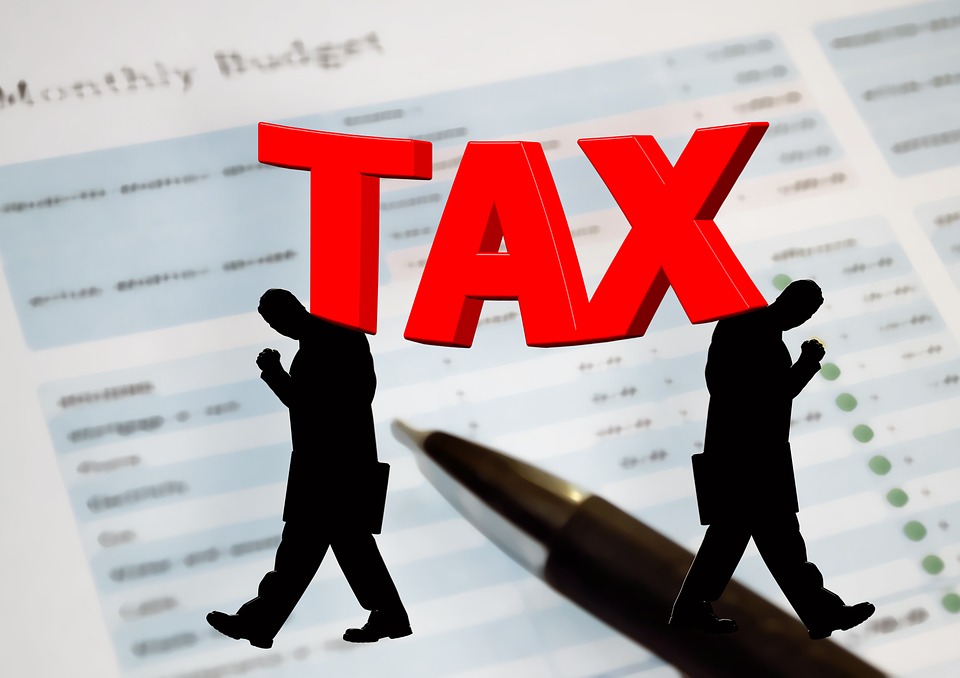State tribunal rules that where practitioners receive incentive payments, wage and payroll tax is payable on that component
A tribunal has ruled that incentive payments to non-contracted practitioners should attract payroll tax, in a detailed decision with far-reaching implications for practice structures.
In the Victorian Civil and Administrative Tribunal, several related optometrist businesses appealed against rulings by the Commissioner of State Revenue.
The businesses had been ordered to pay more than $267,000, including penalties of $48,000, for failing to pay payroll tax for optometrists who practised at stores related to The Optical Super Store Pty Ltd.
Ultimately, the challenge prevailed on most counts.
However, practice advisor and chartered accountant David Dahm said the defeat on the issue of incentive payments was significant for medical practices.
“It will send a shiver up the spines of many practices,” he said.
Mr Dahm said audit activity was on the rise, adding that a number of group practices were currently fighting claims for state-based taxes worth up to $2 million.
The Victorian case was the first to lay bare detailed arguments around state-based tax liabilities for medical practices, he said.
VCAT ruled that where practitioners had received an incentive payment – characterised as a “location attendance premium” in this case – wage and payroll tax was payable on that component.
On another count, the businesses argued successfully that the optometrist practitioners concerned had been on tenancy agreements, as opposed to work contracts which would be liable for payroll tax.
However, the tribunal warned that just because an agreement was titled “tenancy agreement”, it did not mean that it could not be construed in fact to be a contractor arrangement.
In his judgment, handed down in February, Tribunal Member Mr Reynah Tang referred to the “parrot explanation” offered by one of the same applicants in a practice tax matter in Western Australia:
“You’ve got a parrot in the kitchen. The parrot’s in a parrot cage. It eats parrot food. It’s got feathers like a parrot. It’s a parrot.
“There’s a dog in the house. The dog barks. The parrot’s learned to bark. Because the parrot can bark, it doesn’t make it a dog. It’s still a parrot. Because we introduced an hourly rates system to calculate the rent, it doesn’t mean they’re employees or they’re contractors, they’re still tenants, but they can bark like the parrot can bark.”
Mr Tang said: “To this, the obvious retort is that if a dog (i.e. a contractor) is in a cage (a consulting room in a TOSS store), and its owner … puts a sign up describing it as a barking parrot (i.e. a tenant), that sign would not make it so.”
The tribunal accepted that the payment of remittances to practitioners was a return of Medicare funds held on trust by The Optical Super Store.
However, it was critical of a lack of transparency because the funds had not been separated from other funds within the general operating accounts.
Mr Dahm, the CEO of the Health and Life practice consultancy, said the outcomes indicated that medical practices could be at risk of a payroll tax audit in certain circumstances.
These included “poor or unclear tax, trust or corporate structures”, and where a practice had failed to maintain separate provider banking arrangements – particularly, in the area of trusts, a clearing account.
Practices need to make sure whether their systems clarified whether GP service providers could be deemed employees or contractors, he said.


